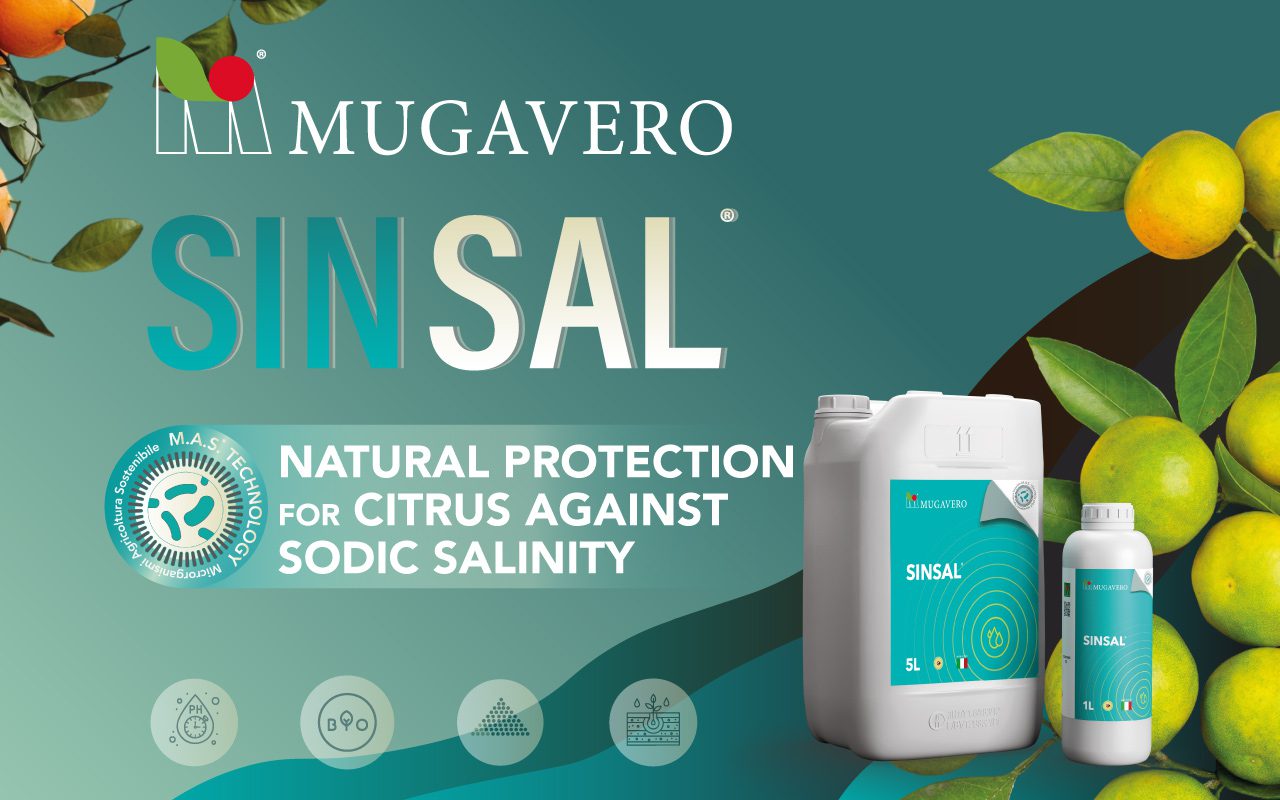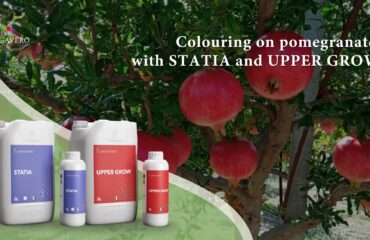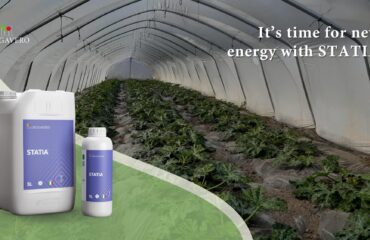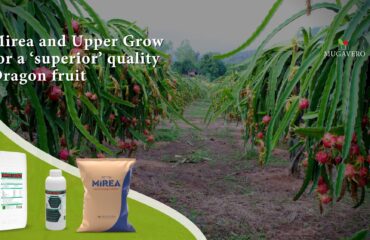Mediterranean Agriculture Under Pressure: Combating Salinity with Biotechnological Innovation
In recent years, Mediterranean agriculture has been facing an increasing number of environmental challenges linked to climate change. Among the most critical issues are rising average temperatures, irregular rainfall patterns, and increased evapotranspiration—phenomena that are progressively altering the availability and quality of water resources. The most affected areas are open-field crops and high-value agricultural zones, where water scarcity and rising salinity are becoming major constraints on productivity.
In this context, the use of saline water for irrigation has become, for many farms, more of a necessity than a strategic choice. Ongoing saltwater intrusion, the reliance on deep wells, and limited access to fresh water are forcing producers to deal with high levels of sodium and other saline elements that are harmful to both soil and crops.
The Effects of Salinity: Soil, Plants, and Profitability Under Stress
Excess salt—especially sodium—causes several agronomic issues. In soil, salinity impairs structure, reducing permeability and leading to compaction, which hinders proper water infiltration and circulation. At the crop level, sodium competes with essential cations such as calcium (Ca²⁺), magnesium (Mg²⁺), and potassium (K⁺), limiting their absorption by plant roots. This results in weaker plants, stunted vegetative growth, lower yields, and in severe cases, early root system failure.
Not all types of salinity are the same: it’s essential to distinguish between salt accumulation (neutral salts like carbonates and chlorides) and sodic salinity, which involves excess exchangeable sodium in the soil. The latter is particularly harmful to tree and vegetable crops, as it deeply disrupts nutrient dynamics and subjects plants to osmotic and physiological stress.
Technological Solutions: Effective but Not Always Accessible
To counteract salinity, advanced technologies such as reverse osmosis systems are available, which can reduce the salinity levels of irrigation water. However, these systems are energy-intensive and financially out of reach for many small and medium-sized farms. Some producers have turned to alternative methods, such as using artificial reservoirs to mix saline water with rainwater, temporarily reducing electrical conductivity. While these measures provide short-term relief, they do not address the root causes nor do they remediate already compromised soils.
SINSAL: The Biological Technology That Regenerates Soil and Crops
In response to these challenges, Mugavero has developed SINSAL, a biological water and soil corrector based on M.A.S. (Microbial Synergistic Action) technology, designed to tackle salinity in a natural, integrated, and effective way.
SINSAL stands out for its dual synergistic action:
-
Chemical Action: Thanks to the presence of calcium lignosulfonates—compounds that bind sodium and reduce its availability in the soil—SINSAL helps improve soil structure and restore its cation exchange capacity.
-
Microbial Action: Through a consortium of halophilic bacteria (salt-loving microorganisms), SINSAL performs multiple biological functions: sequestering excess sodium, solubilizing phosphates, and stimulating the production of siderophores—molecules that enhance the plant’s uptake of micronutrients.
This biological approach not only mitigates the effects of salinity but also regenerates the soil microbiome, making the root environment more active, balanced, and productive.
Case Study: Citrus Growers in Ribera (AG), Sicily
One of the clearest examples of SINSAL’s effectiveness comes from the Ribera area in the province of Agrigento, renowned for its Ribera IGP Oranges. When the local irrigation network cannot provide adequate water, citrus growers are forced to irrigate using water from the Magazzolo River or private wells, often containing sodium concentrations between 400 and 750 mg/L.
Considering that the recommended sodium threshold for citrus irrigation is 100 mg/L, with critical limits above 200 mg/L, this scenario is highly concerning.
Thanks to the use of SINSAL in fertigation, these farms have been able to:
-
Lower the electrical conductivity of both water and soil,
-
Significantly improve soil structure,
-
Eliminate visible salt stress symptoms on plants,
-
And most importantly, achieve higher-than-expected yields, even during dry years.
A New Alliance Between Agriculture and Biotechnology
In conclusion, SINSAL offers a practical, affordable, and sustainable solution for farmers operating in salinity-prone regions. It’s a valuable ally for those seeking to restore soil productivity, improve crop resilience, and protect profitability—without resorting to high-cost or environmentally taxing technologies.
Agricultural biotechnology can—and must—support sustainability and regeneration. SINSAL is a shining example of this potential, capable of bringing life, balance, and prosperity back to soils threatened by salinity.

 Italiano
Italiano  English
English  Español
Español  Türkçe
Türkçe  Русский
Русский  العربية
العربية  Français
Français 



